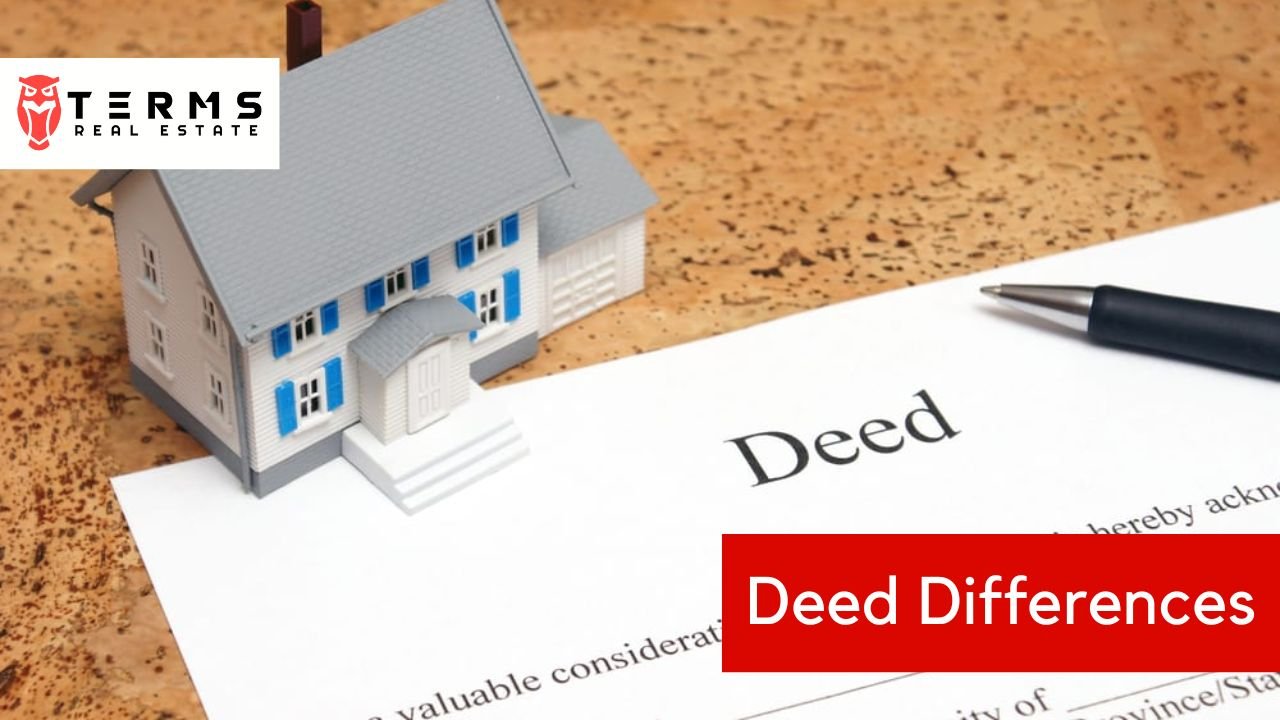A property deed is a written and signed legal instrument that transfers ownership of real property from the old owner (the grantor) to the new owner (the grantee). Deeds fall into several different categories, but they are all primarily used to convey property between a buyer and a seller. The document must have a valid identification of the buyer and seller. The property description must be accurate for the bill to be legally operable. Comparable to getting a document notarized, appropriate wording on the record is necessary to uphold professionally. Deeds are very much the same, as most deeds require several different elements to be legally valid. Aside from requirements by individual states, some of these elements include:
It must be in writing. While most deeds are on printed forms, there is no legal requirement that any specific style is necessary. As long as the essential elements are visible, it is valid.
The grantor must have the legal capacity to transfer the property. The grantee must be capable of receiving the grant of the property. A person who is competent to make a valid contract is considered qualified to be a grantor.
It must be ascertainable to identify the grantor and grantee.
The property must be described appropriately.
Operative words of conveyance must be present. All standard form deeds include the necessary legal language that transfers the property.
The grantor or grantors must sign the deed if more than one person owns the property.
The deed must be sent to the grantee or someone acting on the grantee’s behalf.
The grantee must accept the deed. Typically, deeds are approved by the grantee, but in certain circumstances, the grantee could reject the deed’s delivery.
Deeds are defined as official deeds or private deeds. Official deeds execute under a court or legal proceedings, which is how many transactions complete. Most property transactions, however, involve individuals and business entities using private deeds.
One type of deed is the general warranty deed. The general warranty deed offers the grantee (the buyer) the most protection. With this type of deed, the grantor makes a series of legally binding promises (called covenants) and warranties to the grantee (and their heirs). The grantor agrees to protect the grantee against any prior claims and demands of all persons whomsoever in regards to the conveyed land. In short, this is a guarantee that the seller owns the property, and you’re getting a clean title.
The usual covenants for title included in a general warranty deed are:
1. The agreement of seisin, meaning that the grantor warrants they own the property and has the legal right to convey it.
The promise also protects against encumbrances. It states that the grantor warrants that the property is free of liens or encumbrances, except explicitly in the deed.
2. The covenant of quiet enjoyment, indicating that the grantee will have peaceful possession of the property and will not be disturbed because the grantor had a defective title.
3. The covenant of further assurance, where the grantor promises to deliver any document necessary to make the title proper.
Next is a Special Warranty Deed. A Special Warranty Deed, in short, is the general warranty deed with a slight restriction. You cannot warrant a clean title before ownership. Get it? A general warranty says, “I promise ya; nothing has ever gone wrong with it!” A special warranty deed says, “I promise ya; nothing has ever gone wrong with it SINCE I’VE HAD IT!” Do you see the difference? Many buyers of real estate will require a general warranty deed to convey the title due to the limitation of protecting other deeds like this one offer.
Another deed is the quitclaim deed. This deed is also known as the “non-warranty deed.” It offers the grantee less protection than other title transferring deeds, and it conveys whatever interest the grantor currently has in the property. No warranties, guarantees, or promises occur regarding the quality of the title. If the grantor has a good title, the quitclaim deed is essentially as valid as a general warranty deed. However, if the title contains a defect, the grantee has no legal recourse they can take against the grantor under the deed. Sometimes a quitclaim deed is used to pay less money in closing costs. If the grantor is not sure of the status of the title (if it contains any defects) or if the grantor wants no liability under the title covenants.
Special Purpose Deeds
Special purpose deeds are connected with court proceedings and instances where the deed is from a person acting in some official capacity. Most special purpose deeds offer little to no protection to the grantee. They are essentially quitclaim deeds considering they provide similar protection. Examples of special purpose deeds include but are not limited to:
Administrator’s Deed: This deed can commence when a person dies intestate (without a will). An appointed court administrator will dispose of the decedent’s assets. An administrator’s deed may convey the title of real property to the grantee.
Executor’s Deed: This may transfer when a person dies testate (with a will). The estate’s executor will dispose of the decedent’s assets. An executor’s deed may be used to convey the title or real property to the grantee.
Sheriff’s Deed: This transfers to the winning bidder at an execution sale. An execution sale happens to satisfy a judgment that is against the owner of the property. The grantee receives whatever title the judgment debtor has.
Tax Deed: This is issued when a property sells for delinquent taxes.
Deed in Lieu of Foreclosure: This is given by a borrower who is in default on a mortgage directly to the lender. It serves to prevent foreclosure proceedings, and if the lender accepts the deed instead of foreclosure, the loan expires. Many lenders prefer to foreclose to clean up the title.
Deed of Gift (Gift Deed) conveys the title on real property that is given for no consideration or only a token payment. In some states, the gift deed must be recorded within two years, or it becomes void.
A deed makes the transfer of a property’s title. Certain essential elements must be contained within the record for it to be legally operative. Different deed types provide various levels of protection to the grantee, and the form of the deed determines the obligations of a grantor. Since these records are critical legal documents that affect ownership interests and rights, a qualified real estate attorney should mingle in any transaction involving them.



